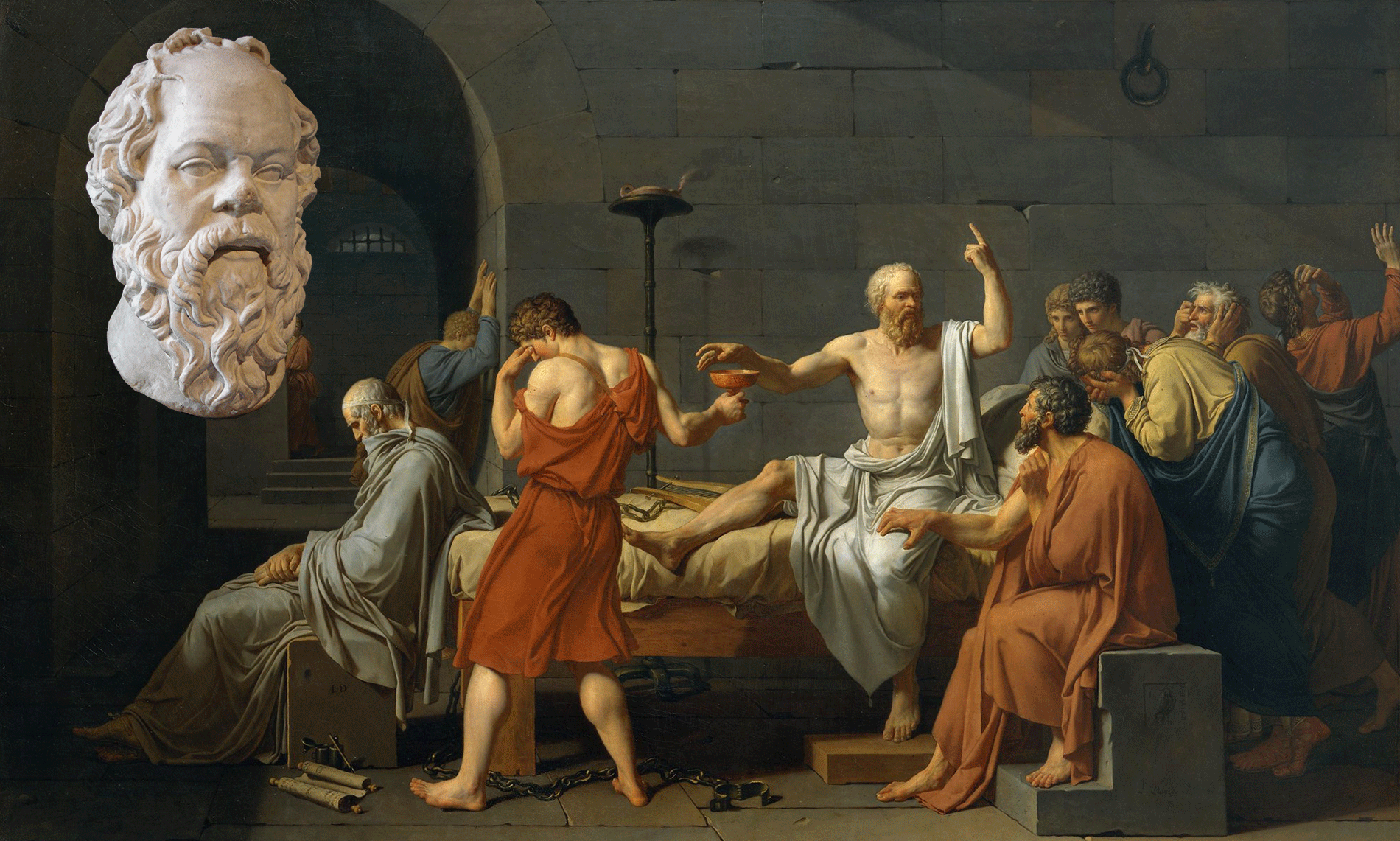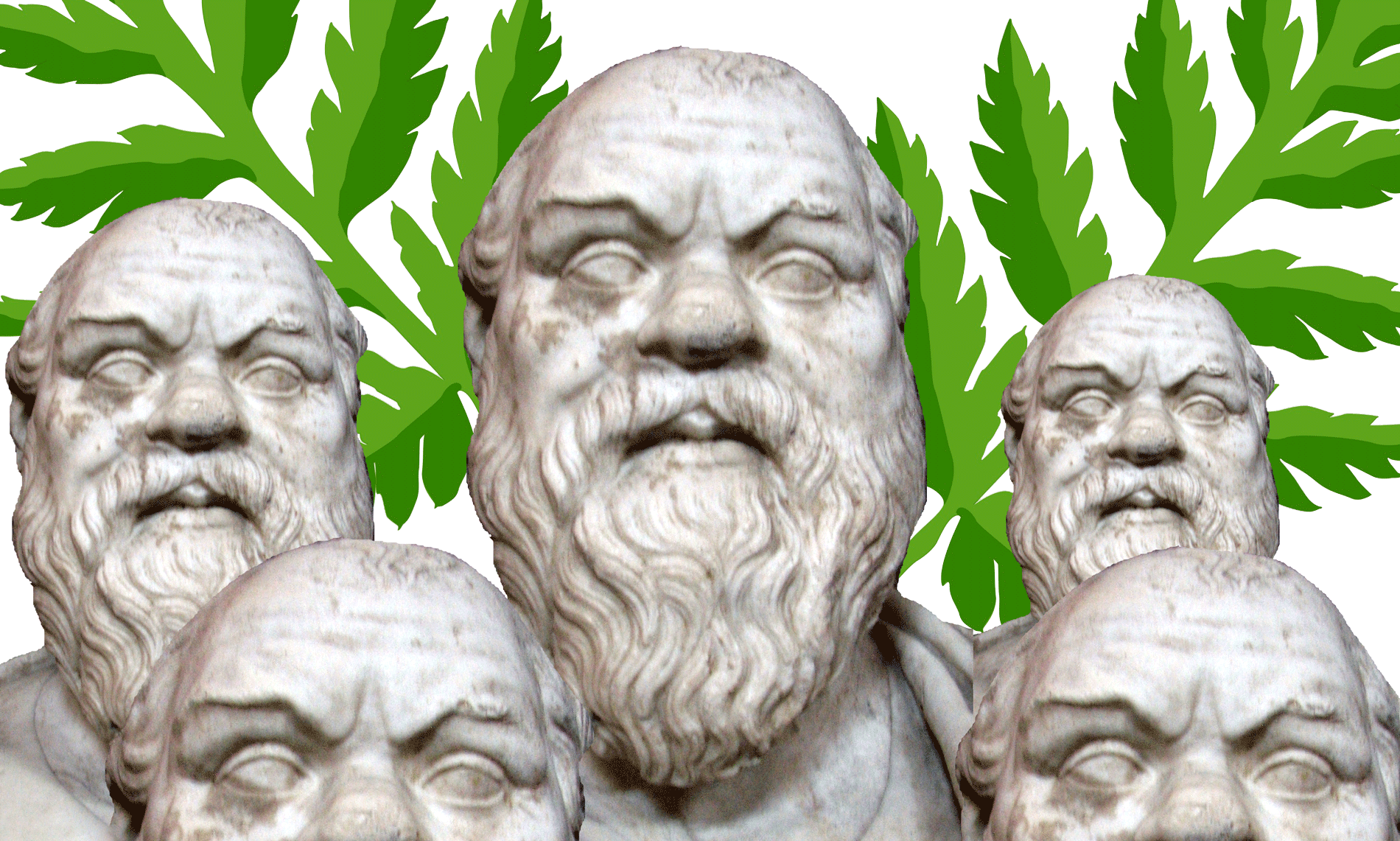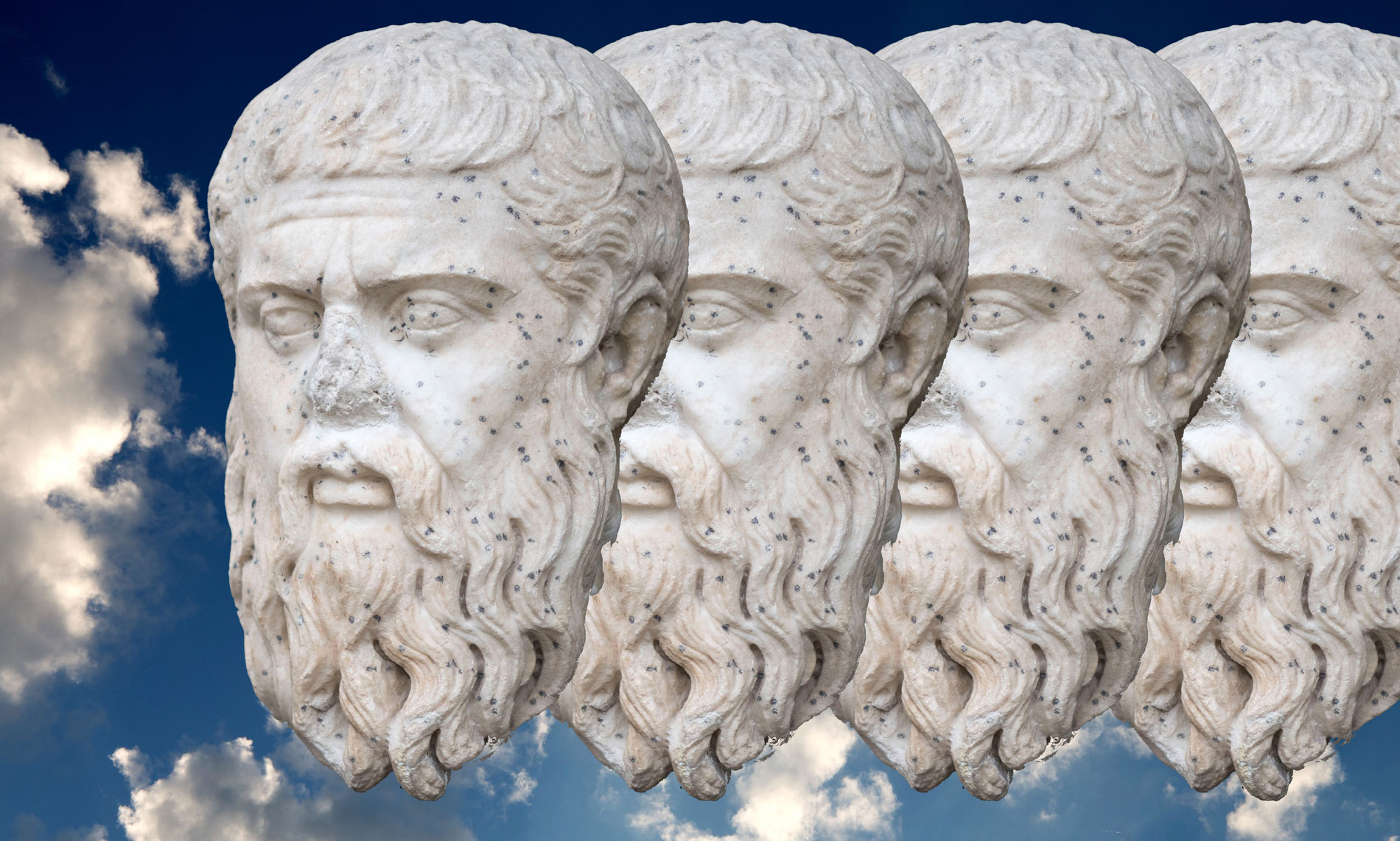
The more I learn, the more I understand that I do not know anything, said Father Socrates. It’s also my motto. The more you go, the less you see. The more I know, the less I seize. What is happening ? Shall we know?
My dear brothers, you make me bray, go away and be milked, said a priest of my childhood. Honni soit qui mal y pense! This priest made me think: when Jesus calls us his sheep, it’s not an image, it’s true. Cows with milk. We are here to be milked, my dear brothers.
If you let someone control your destiny, this is the end. The end.
When I say that, I do not say anything. I see. But the next minute, I see the opposite. With the same strength. We are here to love. Love is everywhere where I look, where my gaze arises, where my legs carry me. We are here to love. Balavoine sang: To love is stronger than to be loved. Who loves gives himself. Who gives himself exists. His heart is consumed in the fire of love.
We are all visitors of this time, of this place. We are only crossing them. Our goal here is to observe, to learn, to grow, to love … After which we go home.
This is the image of the Sacred Heart of Jesus. Sacred as your heart, as his, as mine, as yours all. It burns high and clear, your egoism roast in its inferno. You are consumed with love. Who do you burn for? For no one. For everyone, for all that lives. For nothing, for pleasure. And then it changes again. The absurdity of the human condition makes me sick.
The human condition is like that of flocks trotting in the dust, driven to the abattoir at the sound of the flute, by interchangeable shepherds.
I was hedonist, Stoic, epicurean, here I am existentialist. I was depressed, here I am happy, dynamic, sparkling. I never had the patience to wait, here I am who beats the sole at the door of time. I knew very few people, here I am in connection with dozens of friends, hundreds of correspondents. And tomorrow, no doubt, new decor, everything will change again. These incessant shifts exhaust me and will not tire my readers.
Never forget that everything is ephemeral, so you will never be too happy in happiness, nor too sad in sorrow.
The quest for truth haunts me. But what truth? Is there only something that comes close to the truth? Or does everyone have his own, forged over a lifetime of ups and downs, wounds and bumps, love and boredom? Sometimes I think I hold a sacred thread, I cling to it, it takes me to unsuspected heights, then I tumble into the bottom of a precipice that never ends, like the bottomless pit where poor Alice falls. My own well does not lead to Wonderland. It opens on a desert without life.
We approach the truth only to the extent that we move away from life.
Two fingers grab me by the collar and take me to the clouds at a vertiginous speed. I would like to protest, I know it’s useless. Impossible to stick to a line of conduct, it is not me who hold the bar. I am a toy in the hand of more powerful than me. A tiny puppet in the palm of a giant. Like Socrates?
Not really. Socrates was the toy of destiny and the expiatory victim of power in place. Judged briber of youth, he was condemned to death for the example. Apart from a few dates and the episode of hemlock, we do not know much about the most famous philosopher of antiquity. Only the writings of his pupil Plato bring us some light on the one who has written nothing. Not like me ! But Plato did not understand his master. Did I?
The first knowledge is the knowledge of my ignorance: it is the beginning of intelligence.

We have some things in common, Socrates and me. He knows he does not know anything. He asks people what they think they know. He destroys their illusions and their false knowledge. They push them to think for themselves. Ironic, it shows the heroes that they do not know the courage, and to the elect they do not know politics. Socrates seeks to awaken, (source) through the practice of maieutics, the art of giving birth to spirits.
But his teaching will be condemned by his contemporaries who condemn him to drink the hemlock. Socrates accepts his condemnation, continues to discuss and dies in serenity. This exemplary death will make Hegel say that Socrates is a “hero of humanity”. Socrates bases his philosophy on the pitiless criticism of human opinions, which will become a model for all Western thought.
Whoever wants to move the world first has to move himself.
Like him, I do not know anything. I give birth to the spirit. I am an awakener. I refuse ready-made ideas, not because they are in kits, but because they are false. Since Socrates, many thinkers have wanted to criticize unfounded opinions, to refuse the evidences that are not there, to use doubt to build a system of thought based on solid foundations. Their mistake. Every system is contrary to life. It denatures life, locks it in its straitjacket.
Existence blows up every system.
Socrates had no system. Neither do I. Did he only have a traceable thought? My head is empty, no thought runs through it, and when I write, I do not know what word will come out of my speedy fingers. Socrates denounces opinions, he pushes people to think for themselves. With simple words, he explodes the false certainties.
A life without examination is not worth living.
He’s awake. The sunlight dazzles him less than the inner light. He walks safely to the heart of darkness, for he knows where he is going, even if he does not know where he is. All the roads lead to Athens, and whatever path he follows, at the end he will find the cup of hemlock. Sour doom. Death in a room. He looks at the runners and wonders to what purpose they are hurrying. What are they so thirsty for? Dying spoonful.
He refuses appearance, he despises luxury and fashion. He practices voluntary simplicity. He does not have a nice car, nor the latest smartphone model. His toga is coarse, like a hermit robe. What does he care about when will we say? He goes his way, sowing questions, watching for answers. He does not seek a disciple, even if Plato was one.
Don’t make any disciple, you would only get zeros.
It is a model for all of us, despite the millennia that separate us. That being the case, whatever model it may be, do not follow it. Do not follow me either. Follow only yourself.
“Do not listen to anyone’s advice, except to the wind that passes and tells you the story of the world”
Socrates did not write anything. As a faithful disciple, Plato did it for his master. He was less extreme than Socrates, he did not wear coarse clothes, he was cared for and no assembly has condemned him for the bad example he gave to the youth. Yet you have to read him forever and once more. Plato can be boring like hell. While Plato can be a heavenly pleasure.
All reality exists in the mind. The outer phenomenon, that which appears, is only its outer expression. The visible universe is the reflection of the invisible,



